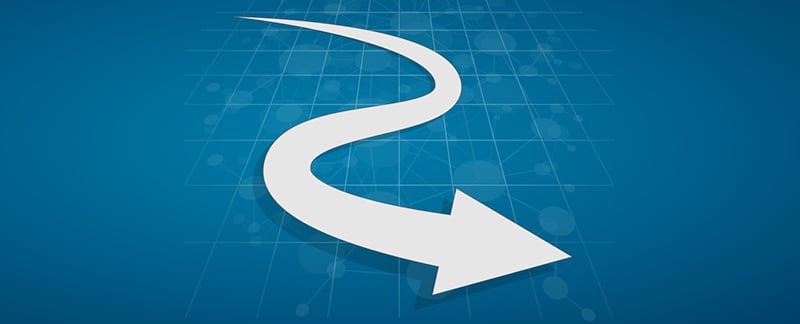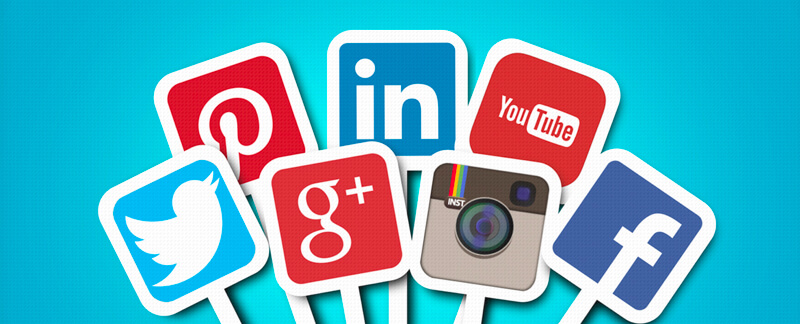
Business Development versus Sales: Unraveling the Distinctions
Many people often need clarification on sales and business development, assuming that both are similar activities. However, this is only partially accurate. Some companies use the title "Business Development" for salespeople, which causes further confusion. To alleviate this issue, creative job titles such as "Strategic Partnerships Manager" or "Senior Solutions Consultant" can be used to differentiate the two disciplines.
Before delving further into differentiating between these two activities, let’s take a closer look at the definitions:
“Sales involves determining client needs and wants and responding through planned, personalized communication that influences purchase decisions and enhances future business opportunities. The main objective of Sales is to generate revenue and keep track of the sales pipeline”.
In contrast, “Business Development is helping a prospect or client determine their needs or wants from their perspective and secure a solution, whether or not they purchase it from you.” The primary function of Business Development is identifying new markets, distribution areas, and products. The Business Development team prospects potential business and makes the first contact with potential customers. After qualifying these leads and determining the scope of the new business idea in the market, the information is forwarded to marketing, Sales, and the product development department for pursual.
Individuals with a hybrid function of performing both selling and business development activities should balance their time and efforts between selling from one side, identifying new markets and new products, and enhancing relationships with clients on the other—the time and effort allocation proportion depends on the company’s business priorities.
In summary, the key differences between Sales and Business Development are:
1. Business Development is identifying new business opportunities and forming partnerships with other companies to provide unique products and services to customers. Sales is about persuading prospects to buy products and services companies produce at a negotiated price. In other words, Sales is transactional, while Business Development is relational.
2. The function of Business Development is to learn about the problems faced by customers and provide a solution for them. It relies on the ability of the business development team to articulate business solutions that add value to prospects and command a complete understanding of the market, industry, products, and competition. Sales focuses on meeting prospects/clients to generate revenues and meet sales targets.
3. Business Development is related to developing new plans and assessing them. On the other hand, Sales executes the strategies suggested by Business Development.
4. Business Development is more focused on expanding the business, and the time horizon for its activities is long-term. Sales is more focused on converting prospects to buyers and is more short-term driven. This is because most sales forecasts are planned on a quarterly/yearly basis, and the sales KPIs are typically set for the same period to measure performance.
While both Business Development and Sales contribute to the expansion of a company, they serve unique purposes and demand different skill sets. Business Development is centered around forging relationships, identifying new opportunities, and providing long-term strategic direction, whereas Sales focuses on meeting immediate revenue goals through effective persuasion and negotiation. By recognizing and appreciating these differences, organizations can ensure a harmonious and efficient interplay between these two vital disciplines, ultimately fostering a thriving and prosperous business environment.
Related Blogs

The MUSK who sold his TESLA
Elon Musk is one of the most controversial CEOs in the world. Born to a South African father and a Canadian mother, he produced video games when he was 12 before moving to the United States to pursue his dream of b...

Implementing a Digitalization Plan
Digitalization is intensely affecting every single aspect of business and organizational functions today. The pace of change is impressive and digital platforms accommodating such changes are not an exception...

How to Improve Your IMC Plan with Social Media
When you have a business, it’s important to inform the world about it. But how you do it, can make it or break it. An Integrated Marketing Communication (IMC) plan acts like a blueprint of the specific ways your co...

Sync Your Sales & Marketing Efforts for a Successful Business
Gone are the days when sales and marketing were treated as two distinct elements of an organization. That’s because both departments are chasing the same goals and companies that want to drive more business must sy...
